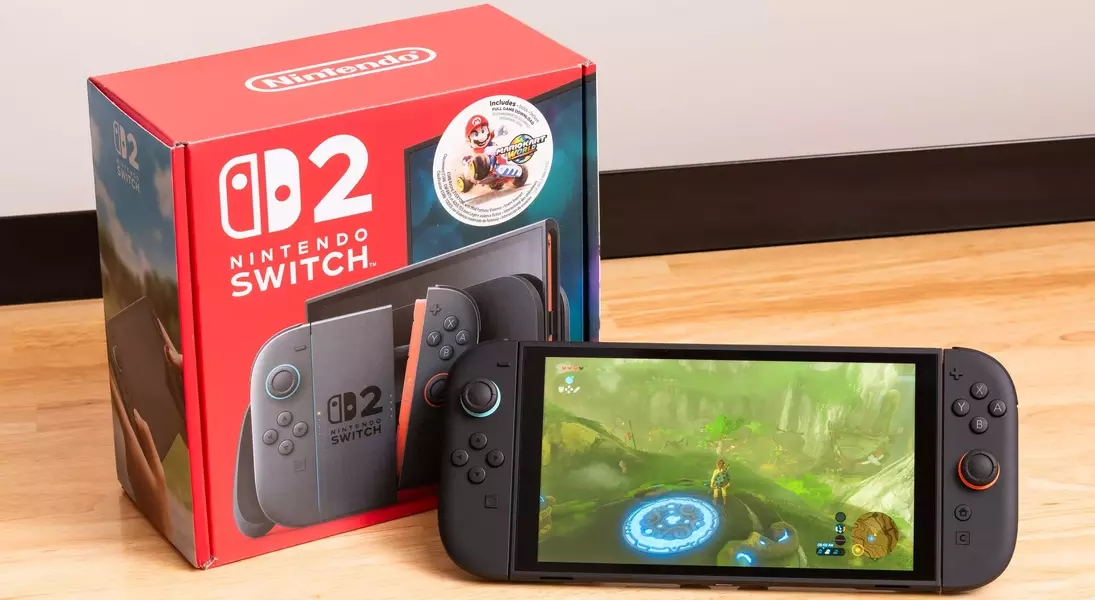
Reports indicate that Nintendo is actively enforcing bans on Switch 2 consoles detected using unauthorized MIG Flash cartridges. Users who have employed these devices to load game ROMs onto their systems are experiencing restrictions from accessing online services, despite claims of utilizing legitimate backups. This crackdown highlights the ongoing battle between hardware manufacturers and users seeking flexibility in their gaming experiences.
The implications extend beyond mere inconvenience, as affected consoles lose access to essential features like multiplayer gaming, digital stores, and cloud saves. Although legal avenues exist for reinstatement, the situation underscores broader issues regarding user rights, technological limitations, and corporate policies.
Unauthorized Hardware Use Leads to Online Restrictions
User accounts report a growing number of Switch 2 consoles being blocked from accessing Nintendo's online ecosystem after employing MIG Flash cartridges. Even when users claim to use personal backups, Nintendo’s security measures identify potential violations. The result? Consoles unable to engage with vital functionalities such as multiplayer games or downloading content.
This issue stems from advanced anti-piracy mechanisms integrated into modern gaming consoles. These systems monitor unique identifiers within genuine cartridges to prevent simultaneous usage across multiple units. Consequently, any irregularities may trigger bans regardless of whether the activity involves pirated materials. Furthermore, recent firmware updates seem to enhance detection capabilities, increasing scrutiny over unauthorized modifications.
Potential Solutions Amidst Strict Enforcement
Despite enforcement efforts, there remains hope for resolution through official channels. Affected users could potentially regain access by contacting Nintendo Support, although success rates remain uncertain. It's worth noting that while banned consoles lose connectivity privileges, they retain functionality for offline gaming experiences.
However, navigating this landscape presents challenges due to Nintendo's updated End User License Agreement (EULA). This agreement explicitly permits the company to impose irreversible restrictions on consoles found violating terms related to unauthorized hardware or software adjustments. For long-term enthusiasts considering upgrades, weighing risks against benefits becomes crucial given current circumstances. Balancing enjoyment with adherence to manufacturer guidelines ensures sustainable engagement without jeopardizing future opportunities within the gaming community.
